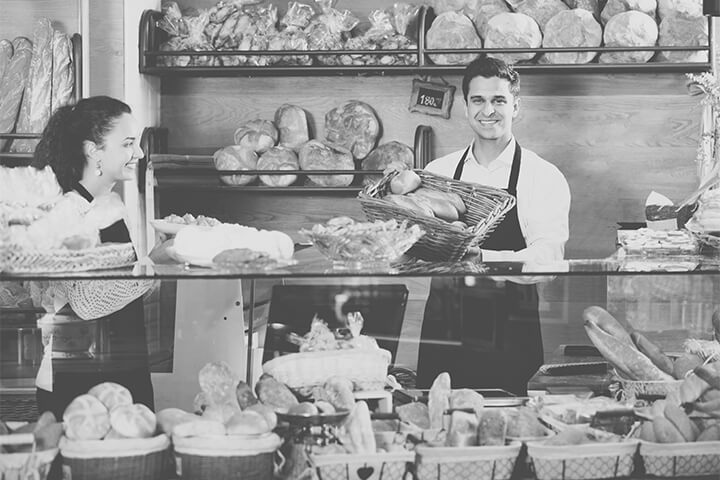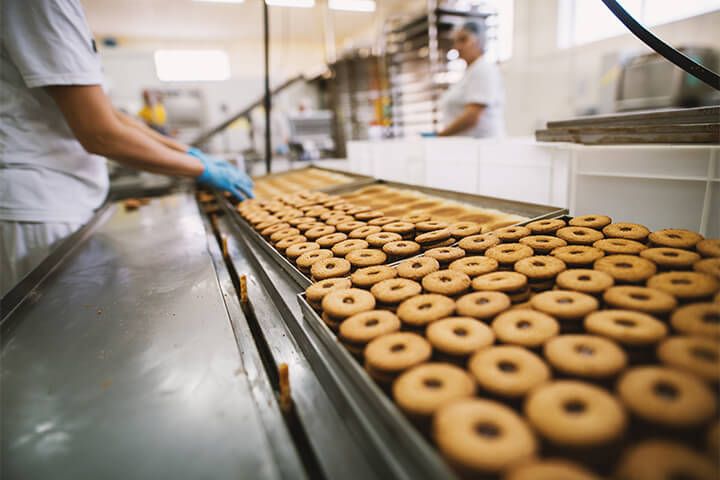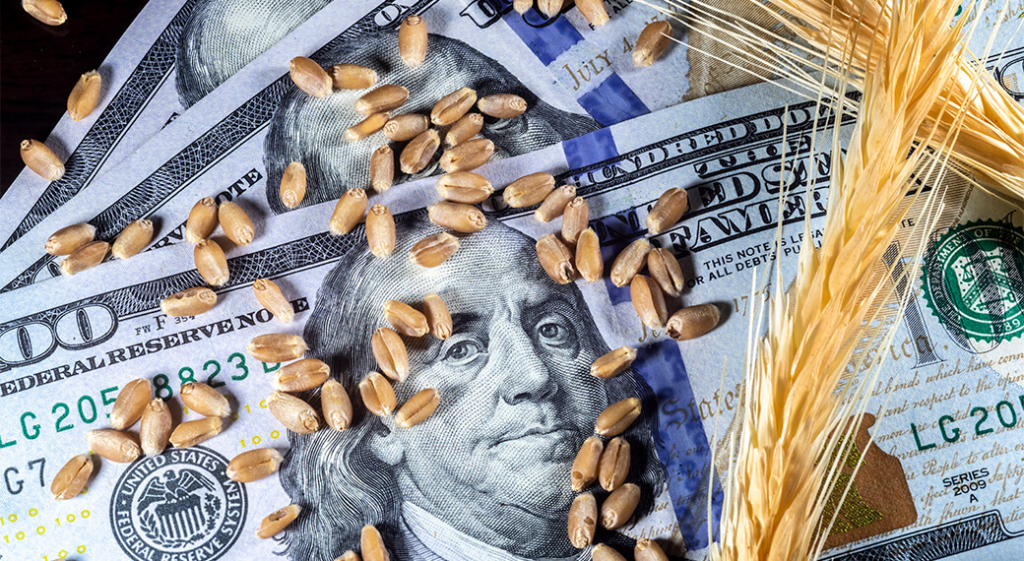Behind vibrant aisles of supermarkets and bustling foodservice kitchens, an important, often unseen force orchestrates the flow of food: the food broker. These individuals, or companies, act as intermediaries between manufacturers and retailers, playing a vital role in bringing the products we love to our plates. Understanding their history, function, and current landscape sheds light on this dynamic and understated corner of the foodservice industry.
The History of Food Brokerage

The roots of food brokerage in the United States trace back to the mid-19th century, when operators in the burgeoning grocery market industry sought a more efficient way to connect producers with a diversity of retailers scattered across the nation.
Enterprising individuals, often with backgrounds in sales or food distribution, began to bridge the gap, building relationships with both sides and negotiating deals for commissions. These early brokers were often jacks-of-all-trades, handling everything from transportation and storage to marketing and in-store demonstrations.
As the food industry evolved, so did the role of broker. The 20th century saw the advent of specialization, with brokers becoming subject matter experts on specific product categories (i.e., dairy, frozen, or beverage). Brokers also began to specialize in geographical regions. Focusing their efforts on a specific area enabled them to build strong relationships with local buyers and develop a deep understanding of regional market dynamics.
Technological advancements like the telephone and refrigerated transportation further streamlined operations, allowing brokers to expand their reach and influence. Additionally, this period saw the rise of larger brokerage firms, capable of offering comprehensive services and representing multiple manufacturers.
Food Brokers Today

Today, food brokers in the United States operate in a complex and dynamic environment. The rise of large supermarket chains, discount stores, and online retailers has shifted the landscape, demanding brokers to adapt and diversify. Many have embraced technology, utilizing data analytics and digital marketing tools to better understand consumer trends and tailor their strategies. Additionally, a growing focus on sustainability, local sourcing, and specialty products has led to the emergence of niche brokers catering to these specific market segments.
How to Become a Food Broker

Becoming a food broker requires a blend of business acumen, industry knowledge, and personal initiative. While there are no formal educational requirements, a bachelor’s degree in business, marketing, or food science is advantageous. Building experience in sales, retail, or the food industry is crucial, as well as developing strong communication and relationship-building skills. Many brokers also obtain professional certifications to demonstrate their expertise.
One quality that all successful food brokers excel at, and a key skill to acquire if you are interested in food brokerage, is the art of negotiation. Successful food brokers are adept negotiators. Develop strong negotiation skills to secure favorable terms for both manufacturers and retailers. This includes understanding pricing structures, contract terms, and distribution agreements.
The Positive & Negative Aspects of Food Brokerage

The benefits of food brokers are numerous. For manufacturers, they offer access to a wide network of retailers, valuable market insights, and assistance with product placement and marketing. For retailers, brokers provide a convenient one-stop shop for sourcing diverse products, negotiating competitive prices, and receiving dedicated sales support. Additionally, brokers can help smaller manufacturers and niche brands gain access to shelves that might otherwise be out of reach.
The Challenges of Food Brokerage
The role of food broker is not without its challenges. Critics argue that their involvement can add an unnecessary layer of cost to the food supply chain, ultimately impacting consumer prices. Additionally, the consolidation of the retail industry has reduced the number of independent buyers, potentially limiting competition and innovation. Some also raise concerns about the potential for conflicts of interest, as brokers may be incentivized to prioritize the interests of their manufacturer clients over those of retailers or consumers.
Despite these challenges, food brokers remain a vital force in the United States food industry. Their ability to navigate complex relationships between manufacturers and retailers, identify emerging trends, and adapt to changing consumer demands ensures a steady flow of diverse and delicious food products to our tables. As the food industry continues to evolve, food brokers will undoubtedly continue to play a crucial role, ensuring that the invisible hand behind our grocery shelves remains strong and agile.
Marketplace Mavens

Food brokers are orchestrators, trendsetters, and problem solvers. Their intricate knowledge of the food industry, combined with their ability to adapt and innovate, ensures that the journey from farm to table is smooth and efficient. While challenges exist, the undeniable value of food brokers in connecting producers with consumers keeps them at the heart of the American food system, ensuring that our culinary landscape remains vibrant and diverse.



